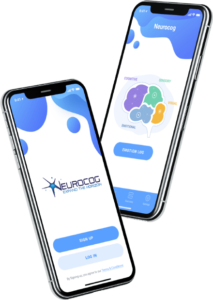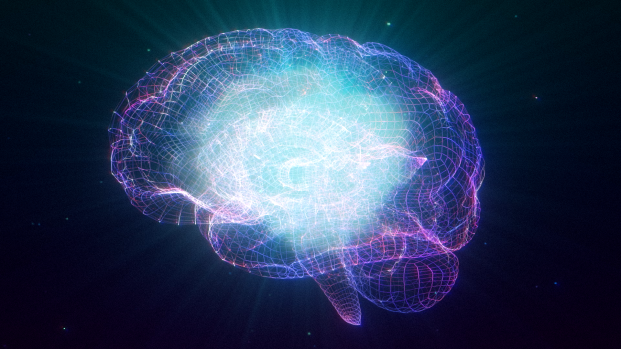Search Wikipedia and you’ll find Neurocognition as a relatively new term being used in both clinical psychology and psychiatry. Traditionally it referred to serious brain and mental impairment. But decades of neuroscience have changed our understanding of human mental life. Increased computing speed, brain imaging and new mathematics resulted in a revolution in neuroscientific understanding of the brain and mind. We have never been closer to understanding how the brain’s complex form, creates its vast abilities. Like any revolution in understanding we’ve revised our understanding of what the mind is and how it works, leading to new ways to help people better their lives.
The prefix – Neuro, refers to brain cells and their tasks that make brains and nerves work. Cognition generally means the processes the brain performs such as thinking, experiencing etc. Science, is the process of guessing how all things work and then using measurement to test those guesses so they can be confirmed by others. Neuroscience then discovers how the brain works by applying different disciplines, some model development, and others the decline of the brain and mind. Some neurodevelopmental theories focus on neurocognition, the brain-based functions of the mind, such as cognitive capacity, processing speed, control, and other neurodevelopmental elements. Neurocognition is an understanding of the functioning lifespan of the human brain and mind.
It makes sense, then, that as brains develop throughout life so do their functions. One question is whether brains can improve their functioning. Neuroscience seems to point in that direction with concepts like neuroplasticity we know that brains can recover lost functioning due to damage by remapping to other areas. We also know some elderly can acquire new skills later in life. We also know that some brain deficits can be diminished through lifestyle changes.
As a mobile application, Neurocog enables someone to get neurocognitive training using the Neurocog System which relies on measurements of neurodevelopment and exercises to improve awareness, control, thinking, and action. Neurocog ap plies well-known techniques in a structured process of physical, emotional and cognitive experiences to build on what people already know, then making it easier to expand mental abilities. The basic steps for level one in the Neurocog System are:
plies well-known techniques in a structured process of physical, emotional and cognitive experiences to build on what people already know, then making it easier to expand mental abilities. The basic steps for level one in the Neurocog System are:
- Detect and compare emotional states before and after every step.
- Apply neural stimulation to change to a resting state.
- Visualize body sensations in detail.
- Notice the setting and move awareness outside the self.
- Identify and catalogue distorted ideas.
- Merge supporting and conflicting objects and events, to improve ideas.
- Catalogue emotional life events by date.
- List coping strategies for each event, then create new ones.
- Create a weighted choice matrix to act more effectively.
Regular practice of these nine techniques with the Neurocog app will result in a new level of capacity in self-regulation, emotional awareness, cognitive capacity, decision making and physiological tolerance. Goal setting and life planning are the next level of capacity building which come from mastery of level one. Preventing relapse into distorted cognitions, emotional dysregulation and physical intolerance are level three. Level four includes relationship building and boundary transcendence. Further levels are also possible but usually require working with an experienced practitioner.
0
